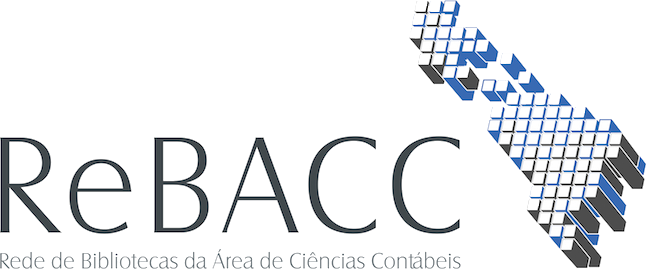Use este identificador para citar ou linkar para este item:
http://rebacc.crcrj.org.br/handle/123456789/6264| Título: | Capital Structure Analysis Of EBX Group’s Companies: Combining Theory And Practice |
| Palavras-chave: | Capital Structure; EBX Group; Market Timing; Opportunity Windows. |
| Editora / Evento / Instituição: | Journal of Accounting, Management and Governance Revista Contabilidade, Gestão e Governança |
| Descrição: | According to market timing theory, companies tend to issue stocks or debts in order to exploit the opportunity window and this behavior is a significant determinant for capital structure. Based on this assertion and recent evidence found in the Brazilian market, this paper has the objective of analyzing the market timing behavior of the six publicly-traded companies in BM&FBOVESPA of the EBX Group (MPX, MMX, OXX, LLX, OSX and CCX), until mid-2013. For this purpose, the methodology used was a case study and as the main source of evidence indicators related to capital structure and stock market. An econometric approach to panel data has also been inserted to strengthen analyzes. The results show that the financial decisions made by managers of the EBX Group indicate attempts to exploit the opportunity windows related to the stock market, mainly measured by Shiller's price-to-earnings ratio (Shiller PE), an aggregate market index, as well as the market-to-book (M/B) ratio of each company analyzed. This paper contributes to the discussion of market timing in Brazil, combining theory and practice in an intuitive and dynamic way bringing aspects related to companies and market conditions. |
| URI: | http://rebacc.crcrj.org.br/handle/123456789/6264 |
| Outros identificadores: | https://www.revistacgg.org/contabil/article/view/1384 10.21714/1984-3925_2017v20n3a8 |
| Aparece nas coleções: | Contabilidade, Gestão e Governança - UNB |
Arquivos associados a este item:
Não existem arquivos associados a este item.
Os itens no repositório estão protegidos por copyright, com todos os direitos reservados, salvo quando é indicado o contrário.

